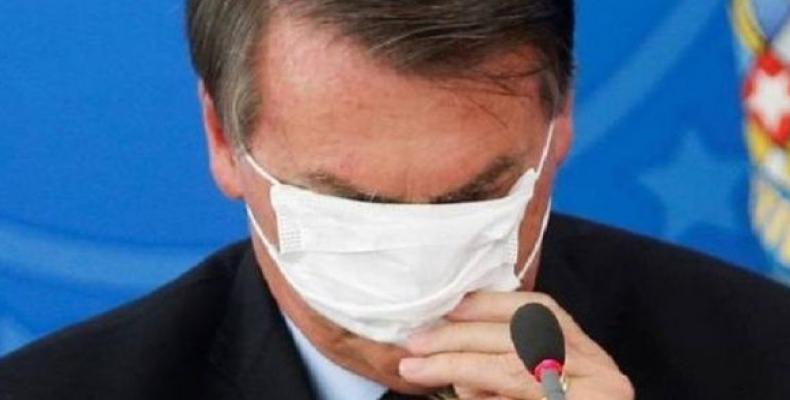
by María Josefina Arce
In 2019, the living standard of a majority of Brazilians suddenly dropped, a problem that began three years earlier following the parliamentary coup against the constitutional president Dilma Rousseff, from the Workers' Party, a political organization that in 2003 implemented social programs to favor the poor and managed to remove Brazil from the global Hunger Index in 2014.
But the right-wing-led uprising destroyed the achievements of the South American country under Michel Temer and now Jair Bolsonaro’s administration.
Brazil is back on the Hunger Index. More than 125 million citizens currently suffer from food shortages. The Getulio Vargas Foundation put the poverty level at about 13% of the population until the end of last March.
The fact is that actions in favor of the most vulnerable -- who have seen their living conditions deteriorate even further due to the economic, social and health crisis generated by COVID-19 and the dismal response of the government -- have been sidelined.
Bolsonaro's management has led to the reduction of social spending. In the last few days in eight states Brazilians denounced the cutting of funds for housing construction for people with fewer resources.
At the end of April, the fascist Brazilian president decided to veto 73% of the resources for this sector, so that as of this month the construction of more than 200,000 houses will be paralyzed.
According to local media, quoted by the multinational television network teleSUR, during 2020, public investment reached the lowest rates in the history of this social program created in 2009.
Thus, informal settlements emerge, which today are part of the Brazilian geography. They are the so-called favelas, where millions of citizens live in dire conditions.
Those who reside in these areas are usually in overcrowded conditions. In many cases, unemployed people or inserted in the informal labor market, and in addition, have also faced police violence.
Last week, nearly thirty residents of the Jacarezinho favela in Rio de Janeiro were killed in an anti-drug raid. The UN recently called for an investigation into this killing, described as the deadliest in the city, and stated that Brazil’s police department has a history of disproportionate and unnecessary use of force.
The ineffective government response to COVID 19, increasing social inequality, unemployment, hunger and violence, is the scenario that Brazil is facing today, since the progress made under the Workers' Party governments has been fading away.

